|
|
In her book Something That Will Surprise the World, historian Susan Dunn brings together a collection of important letters, speeches, and essays, of the most notable Founding Fathers: George Washington, Alexander Hamilton, John Adams, Thomas Jefferson, and James Madison. |
|
These were the “thinking revolutionaries” that together “fought a successful war of independence against the mightiest power on earth, created an enduring constitution for their new nation, established stable representative institutions and a system of adversarial political parties, and set the stage for economic development and growing prosperity.” Their brilliance, boldness, and daring have never been surpassed in American history or elsewhere in the world. They were not perfect men, and recent scholarship often highlights their personal eccentricities, self doubts, jealousies, and regrets. And most importantly, they failed to take forceful action against slavery notwithstanding their eloquent condemnations of slavery as the most deplorable form of human degradation. Paradoxically, Washington, Jefferson, and Madison, owned slaves while declaring that all men were created equal. Washington hoped that slavery would be abolished by “slow, sure, and imperceptible steps,” and waited until his death to free his slaves. Regarding slavery Jefferson wrote: “I tremble for my country when I reflect that God is just.” But he opposed the Missouri Compromise, which prohibited the spread of slavery into states north of the boundary of Arkansas. Jefferson, who believed in a moral government, was horrified that the federal government was intruding into the affairs of the states. His reasoning resonates with many today. But, notwithstanding their blind spot on slavery, these Founding Fathers were thinking revolutionaries whose lives centered on ideas. They theorized about government and framed the arguments we are still having today about the proper relationship between individuals and their government. These thinking revolutionaries revealed to us that, the tension between individual freedoms and government authority is an argument without end. As men of penetrating intelligence, they not only debated, but wrote extensively, and left us an unparalleled intellectual legacy. Consider the magnitude of their work, as noted by Professor Dunn: Washington’s writings consist of thirty-nine volumes. Hamilton’s papers are twenty- seven volumes. Jefferson’s papers, up to the year 1800, take up thirty-one volumes, with twenty-six years of Jefferson’s life left to go. Twenty-two volumes cover Madison’s papers up to 1813, with twenty-three more years to go. Adams’ published papers take up twelve volumes up to 1782, with forty-four years of Adams writings to go. The path these Framers mapped, as Madison wrote, had “no parallel in the annals of human society.” Thanks to them, Americans were the first free people in history to choose their own form of government. Often, revolutionary leaders evolve into despots keen on suppressing individual rights, as happened in France, Russia, China, Iran, Cuba and others. We owe our open society to the moderation and tolerance of these thinking revolutionaries. Historians note that the American constitutional consensus was an agreement to disagree. As Hamilton understood it, the success of the American experiment depended on the self- restraint of the winners. Similarly, Washington asserted in his Farewell Address: “Infallibility not being the attribute of Man, we ought to be cautious in censuring the opinions and conduct of one another.” To appreciate the remarkable statesmanship of these thinking revolutionaries, consider that, in terms of their political philosophy, these men were irreconcilable adversaries, and quite undemocratic. Hamilton, an admirer of the British Empire was clear: “Democracy is our real disease.” His political goal was not to help ordinary Americans to pursue happiness, but rather to increase the power and prestige of the state itself. Jefferson, in contrast, was ever vigilant of the expanding national government and fearful of the government’s encroachment on individual freedoms. Jefferson argued for frequent elections, and Adams dreaded them. In 1790, Adams wrote to Jefferson: “Elections, my dear sir, I look at with terror.” Flash forward to our present time and look around the world, not to mention at home, for statesmanship and penetrating political thinking of the quality of Washington, Hamilton, Adams, Jefferson, and Madison. Please let me know if you find it. I can’t.  this article. this article. |
|
We welcome your feedback.
Abrazos,
Lily & José
(click on the name to email Lily or Jose) |
|
|
|
| |
|

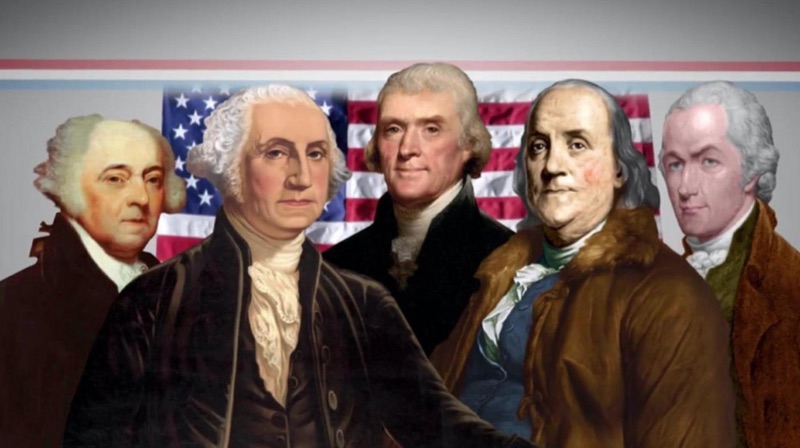
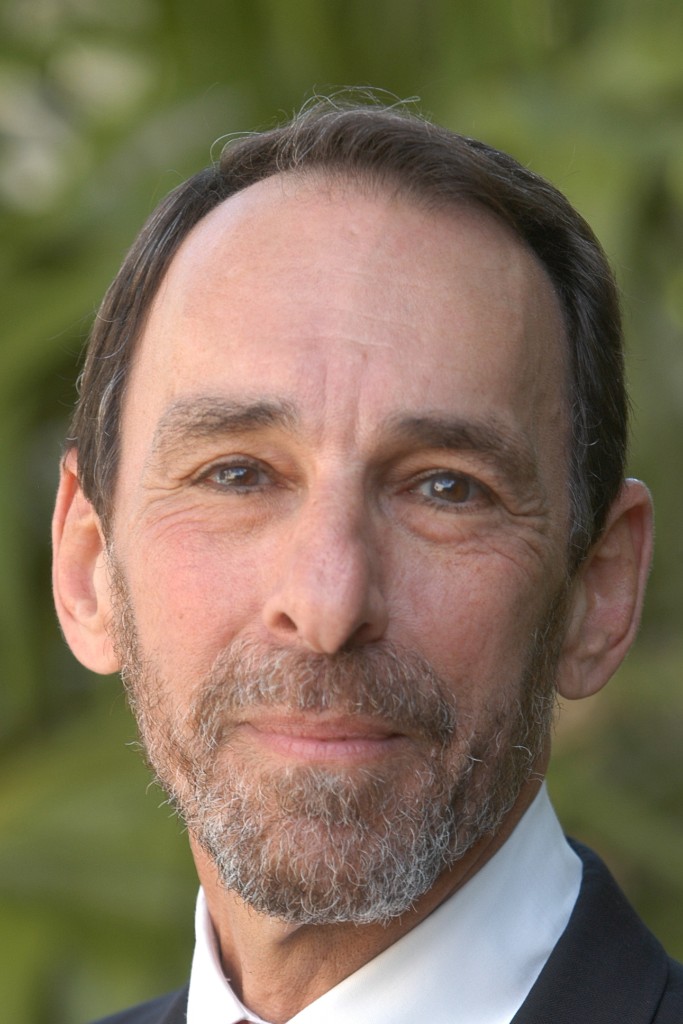



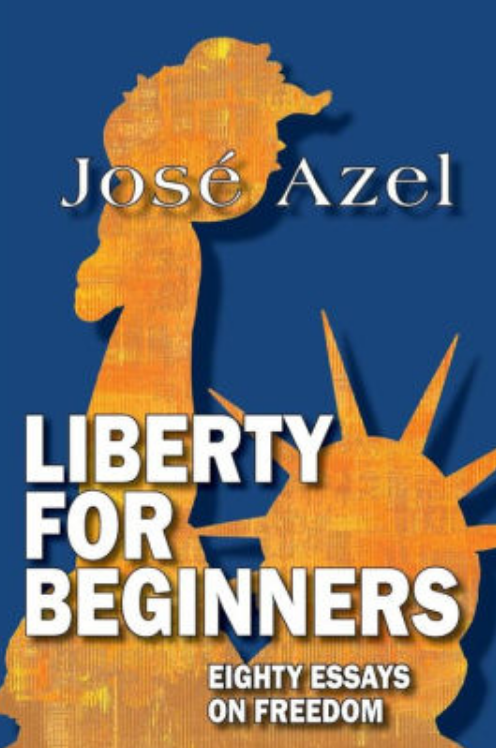

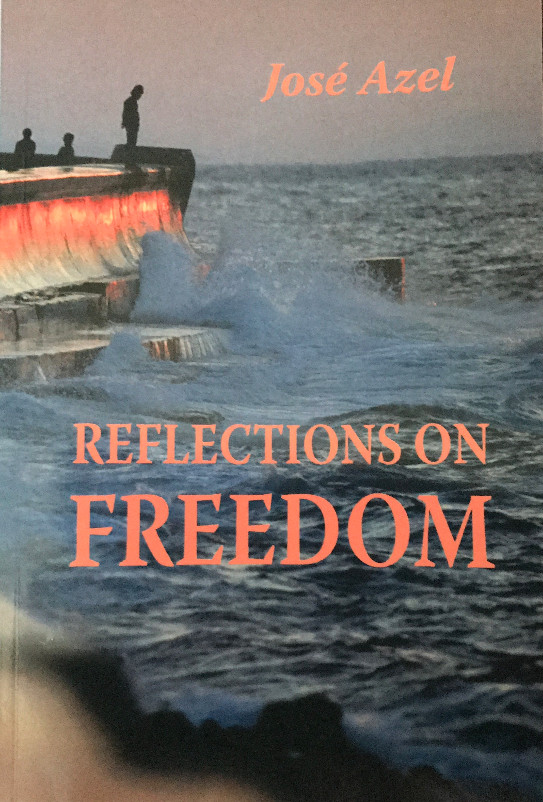

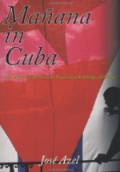

No comments:
Post a Comment